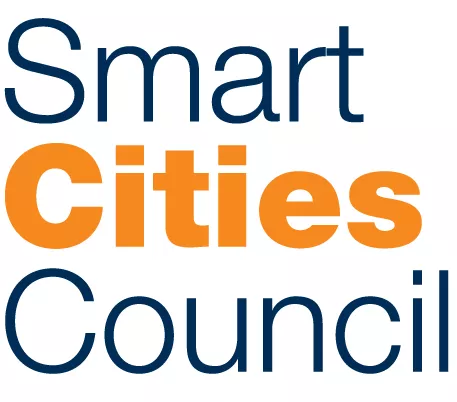
Atlanta, GA (April 18, 2017) – The City of Atlanta, which is at the forefront of smart cities innovation, recently hosted a two-day joint meeting of the Global City Teams Challenge (GCTC) Energy, Water and Waste SuperCluster and Atlanta region smart cities stakeholders. The workshop was hosted by the National Institute of Standards and Technologies (NIST), Smart Cities Council, the City of Atlanta, AT&T, Siemens and Georgia Tech. More than 100 attendees included governmental agencies, companies, non-profits and universities from the metro Atlanta region, across the United States and abroad.
The workshop was designed to support the development of concepts for replicable, scalable and sustainable energy, water/wastewater and waste management utilities operating within smart cities. These concepts will be further developed over the next few months by the workshop participants. This will lead to their formal release for use by cities around the world to jumpstart smart cities efforts.
“The GCTC SuperCluster workshop in Atlanta was a huge success,” said Sokwoo Rhee, Associate Director of NIST’s Cyber-Physical Systems Program. “It was a pleasure to work with the co-hosts of the workshop including Smart Cities Council. We have made great progress on building the blueprints/playbook for energy, water and waste management to help cities and communities jumpstart their smart city efforts, which is expected to be publicly available at the GCTC Expo this August. We look forward to continuing our collaboration with all cities, communities and smart city stakeholders around the world.”
“It was great to see the working groups address how smart technologies can help cities tackle issues around water, waste and energy,” added Ed Davalos, lead product marketing manager for AT&T Smart Cities and chair of the NIST GCTC Utility SuperAction Cluster. “With water systems leaking up to an estimated 20-30%, this alone results in the estimated loss of 6 billion gallons of water daily through leaking pipes and inaccurate meters in the United States. At AT&T, we’re using a highly secure, holistic approach to help cities improve functions like water, transportation, lighting, safety and sustainability. The city of the future is here.”
The workshop also provided an opportunity to engage with over two dozen key stakeholders from the Atlanta region in the areas of information technology, sustainability and resilience. Ideas and best practices on smart energy, water/wastewater, and waste from these stakeholders will be conveyed to the Atlanta’s Mayor’s Office of Sustainability and Office of Resilience.
“The world is changing and the need to be agile, responsive and to keep services running has never been more important,” said Ken Cornelius, Head of City Infrastructure Business Americas of Siemens. “Siemens’ knowledge across industries, our analytics know-how, and partnership with U.S. cities means that knowledge is shared and planning is collaborative and strategic to drive the future of smart cities in a real and pragmatic way.”
###
About the Smart Cities Council
Launched in 2012, the Smart Cities Council is the author of the internationally recognized Smart Cities Readiness Guide, which provides guiding principles and best practices for an integrated, cross-cutting smart city. The Readiness Guide – which was developed based on input from hundreds of cities and solution vendors and has been applied all over the world – is the framework used to produce Readiness Workshops and Smart Cities Week conferences. The Council is comprised of more than 120 partners and advisors who have generated $2.7 trillion in annual revenue and contributed to more than 10,000 smart cities projects. To learn more, visit www.smartcitiescouncil.com.



